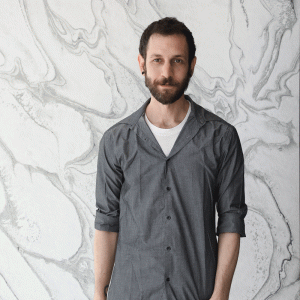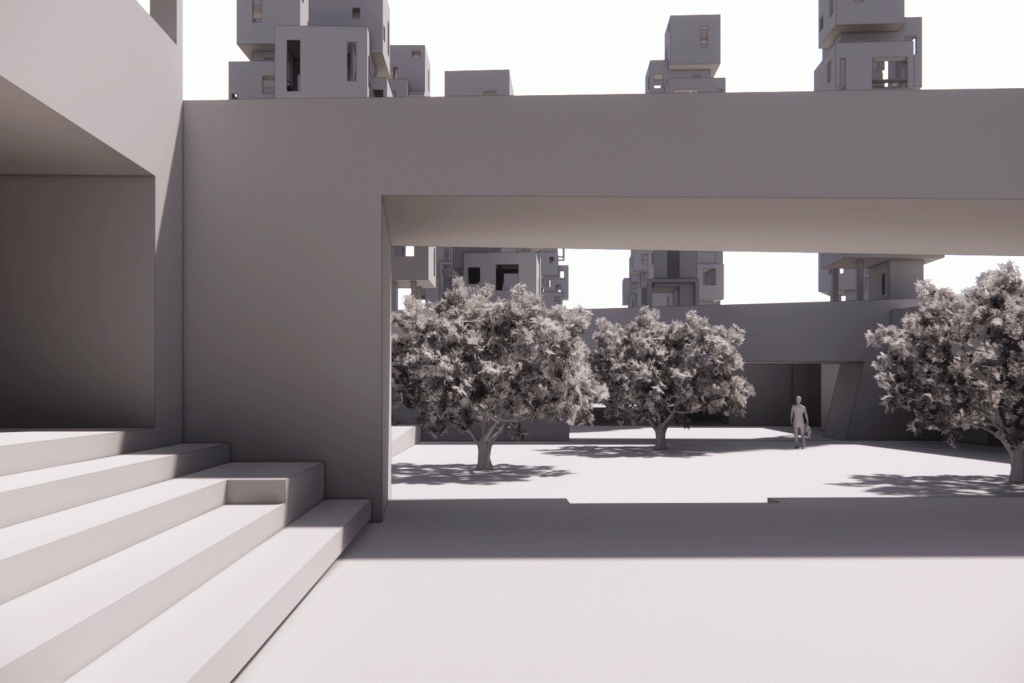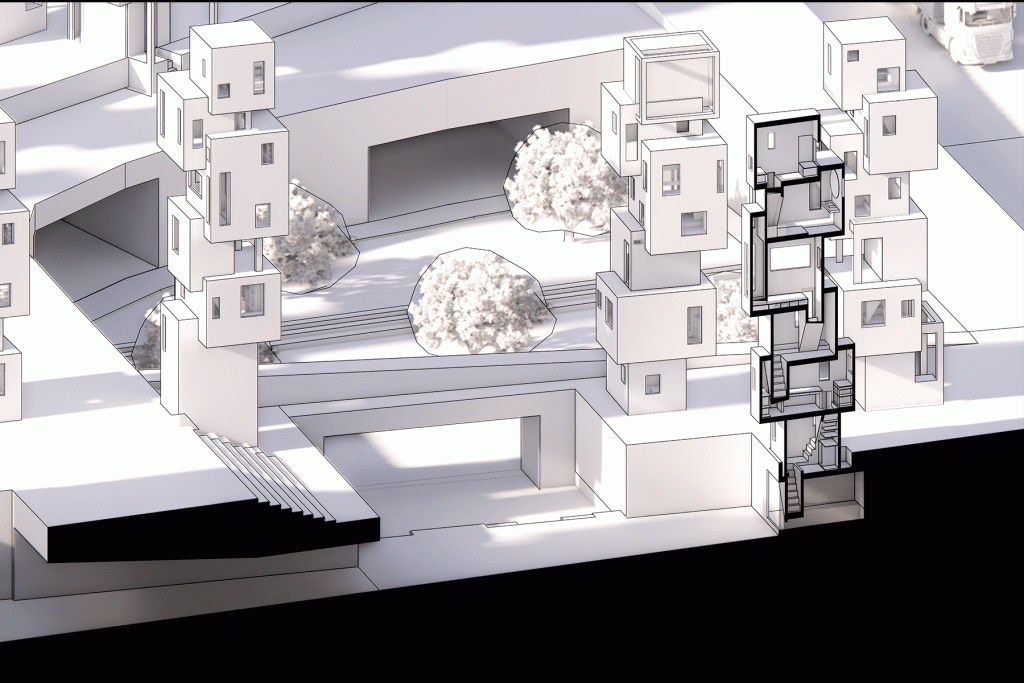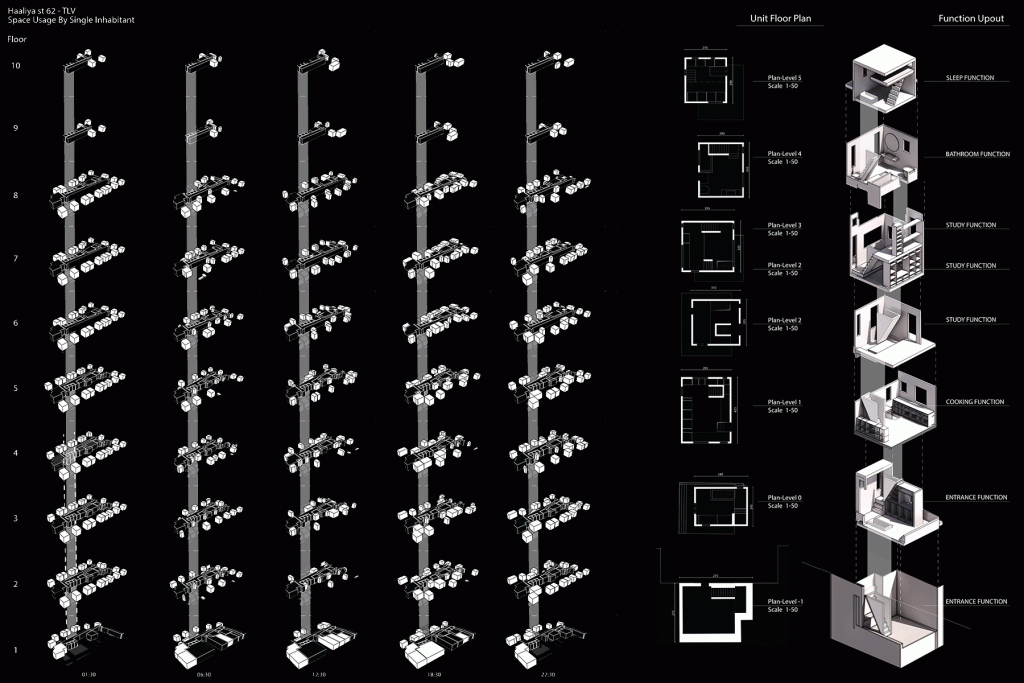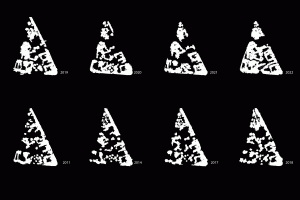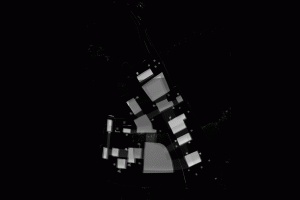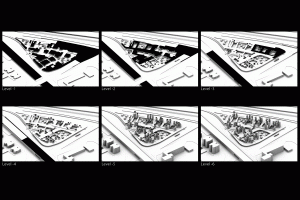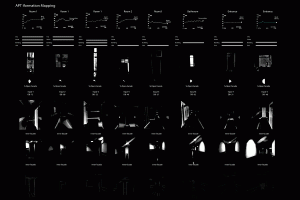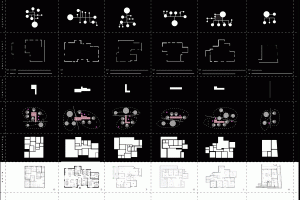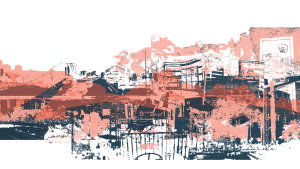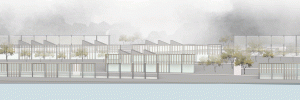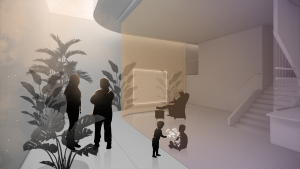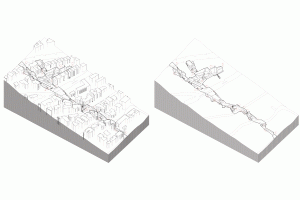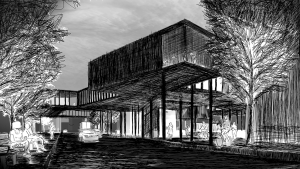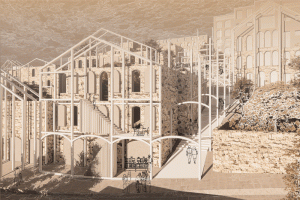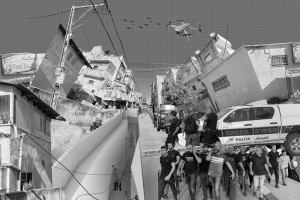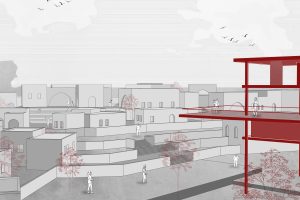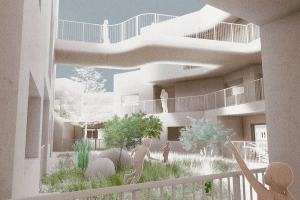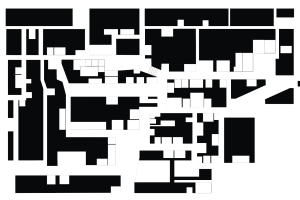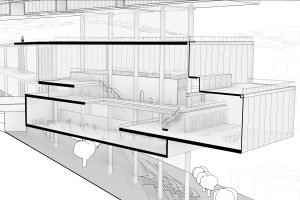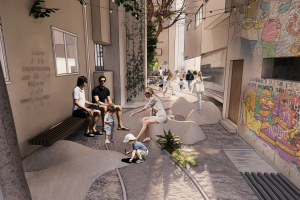Oneliness Without Loneliness
The project examines the spatial relationship between the built environment and housing units, particularly focusing on their evolving nature over the years alongside societal patterns, including the rising phenomenon of loneliness.
It critiques the prevalent approach among planners to design single-unit residences that prioritize efficiency, treating living spaces as mere storage units without addressing the emotional and psychological needs of individuals. Concurrently, the project reviews existing housing solutions in the market, such as split apartments and new unit designs for singles, highlighting a disconnect between the programmatic-experiential dimension and the needs of singles, which exacerbates their feelings of loneliness.
Drawing from research and mappings, the project proposes a vision for future planning that seeks to minimize feelings of loneliness while allowing individuals to maintain their independence. It incorporates planning principles such as disassembling unit components from the building and eliminating corridors to encourage the integration of external information within the living spaces, fostering chance encounters among residents and alleviating feelings of isolation.
This approach is being implemented in the Ludlow complex in Tel Aviv, a former vibrant neighborhood currently facing decay. The disintegrating apartment buildings are being transformed into vertical residential units that leverage rich spatial information and movement to enhance single living. Additionally, these units aim to contribute to the revival of the previously inactive areas within the Ludlow neighborhood.



